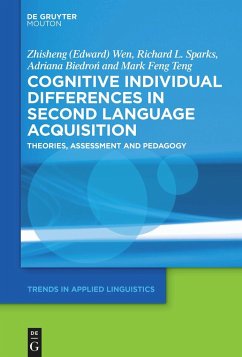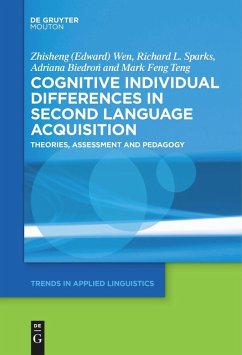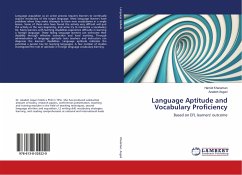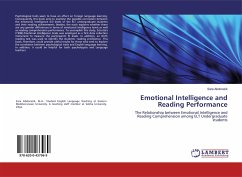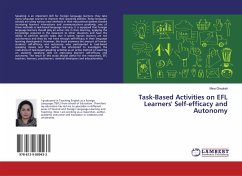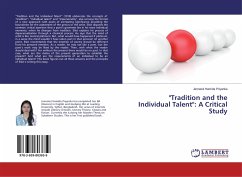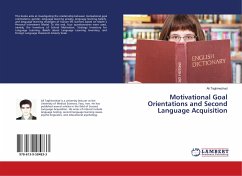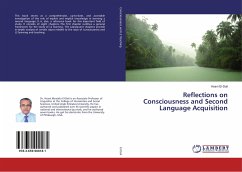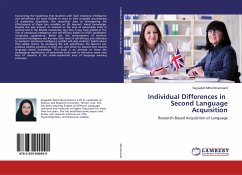
Individual Differences in Second Language Acquisition
Research-Based Acquisition of Language
Versandkostenfrei!
Versandfertig in 6-10 Tagen
36,99 €
inkl. MwSt.

PAYBACK Punkte
18 °P sammeln!
Concerning the hypothesis that students with high emotional intelligence and self-efficacy are more flexible to react to their probable shortcoming of vocabulary acquisition, the researcher aims at investigating the effectiveness of these two variables on EFL learners' lexical knowledge. Despite the vast amount of research in the area of personality traits in general and in the EFL/ESL classrooms, very few, if any, have looked at the role of emotional intelligence and self-efficacy beliefs on IELTS candidates' vocabulary competence. Better yet, the enhancement of learners' emotional intelligen...
Concerning the hypothesis that students with high emotional intelligence and self-efficacy are more flexible to react to their probable shortcoming of vocabulary acquisition, the researcher aims at investigating the effectiveness of these two variables on EFL learners' lexical knowledge. Despite the vast amount of research in the area of personality traits in general and in the EFL/ESL classrooms, very few, if any, have looked at the role of emotional intelligence and self-efficacy beliefs on IELTS candidates' vocabulary competence. Better yet, the enhancement of learners' emotional intelligence will increase their level of self-efficacy and attention to students' emotional intelligence profiles will raise students' beliefs about their ability. Hence, by increasing EQ and self-efficacy, the learners can produce positive emotions in their own and others to expand their second language lexical knowledge. This book is an attempt to show the pedagogical significance of personality traits and to introduce some new lines of research in the under-researched area of language learning processes.



